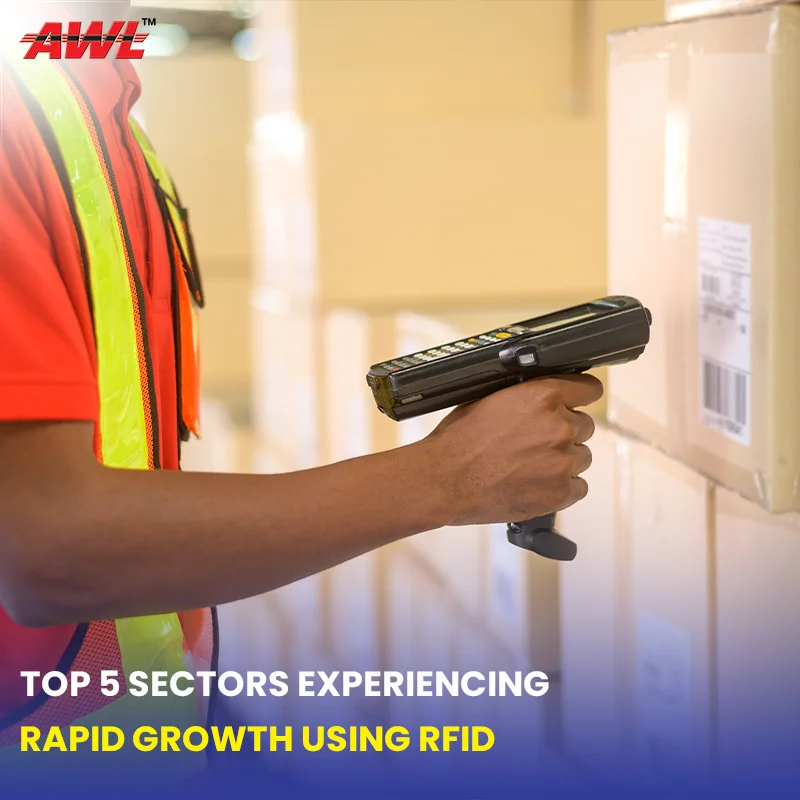

The potential to save patients' lives is contingent on an efficient healthcare supply chain. Furthermore, using technology is a significant step toward enhancing efficiency. However, it is unsurprising to see hospitals embracing technology more than ever before, from patient portals to electronic health data (EHRs). However, it may come as a surprise that hospitals have not fully embraced technology in one area: inventory management, often known as supply chain management (SCM). Moreover, the top executives at medical institutions are examining ways to restructure their supply chain management for healthcare in order to be more efficient and cost-effective in operations. They hope to achieve this while still increasing patient care as hospitals and health systems adjust to life after the epidemic. So it stands to reason that supply chain costs are usually among the highest for hospitals and healthcare systems.
According to a Navigant Consulting study, hospitals may save an average of 17.7%, or $11 million per hospital, by automating and standardising their supply chain activities through the use of technology. The conversion of a traditional supply chain to a digital supply chain provides long-term benefits to healthcare organisations. Everyone now has access to digital healthcare, which is faster, safer, more convenient, and more inexpensive. Furthermore, owing to the digitalization of the healthcare supply chain, hospital systems may reduce operational costs and find development opportunities. However, today we will look at the many parts of a healthcare supply chain and understand why it is critical to use technology to make traditional healthcare supply chains more efficient. We'll look at how smart warehouse technology can help with supply chain development and how to properly incorporate it.
The technique of purchasing and distributing medical products and services as they are delivered from the loading port to the patient is known as supply chain management in healthcare. In simple terms, it is the management of upstream and downstream linkages between suppliers and consumers to give more customer value at less cost to the supply chain as a whole. That being said, it is tough to control the healthcare supply chain. While there are numerous challenges in supply chain management, the main issues are hoarding of goods, a desire for specific products that are in stock, product expirations, out-of-stock issues that may result in high delivery costs, theft, and an unjustified increase in inventory costs based on demand.
Along with these, there are numerous other issues that contribute to supplier costs exceeding the budget. Moreover, the main role of the healthcare supply chain is to identify departmental weaknesses and provide strategies to reduce them. It seeks to identify problem areas in order to achieve targeted health outcomes and increases financial support for international health.
If practitioners encounter unanticipated shortages while giving treatment, the consequences might be deadly or severely impact a patient's life. Fortunately, technological developments can contribute to a better, more robust supply chain in hospitals. The following are some of the most cutting-edge current technologies that can drive us to a more efficient digital healthcare system with robust medical supply delivery.
Because of AI, the way data is kept, processed, and used has changed fundamentally across all sectors. Because of advancements in AI, organisations increasingly utilise predictive analytics rather than the more fundamental descriptive form. Predictive analytics makes it simpler to monitor patterns and estimate the likelihood of future events. Supply chain technologies like predictive analysis may be used by healthcare organisations to take use of statistical data and manage the supply chain in hospitals and elsewhere by lowering variation while also learning more about demand trends and supply usage. Accurate forecasting supported by data enables inventory optimization and better-informed decision-making.
A simple task like discovering an asset may cause the employees to lose hours of productivity. The usage of IoT-capable devices outfitted with hospital supply chain software and RFID (Radio-frequency Identification) tracking systems may prove to be both cost-effective and time-saving. A real-time location system may be used to find, track, and monitor assets (RLTS). Automated inventory tracking not only streamlines the healthcare supply chain, but it also provides comprehensive system awareness.
The use of an RPA system eliminates labour-intensive, repetitive, and manual procedures in the healthcare supply chain. It usually reduces the time and money spent on a supply chain and eliminates the possibility of human mistake later on. Routine automated chores increase productivity while decreasing expenses. Modernising a warehouse with RPA-enabled devices increases revenue and productivity.
Above are some of the supply chain technologies that can help in improving the supply chain operations within the healthcare industry. Moreover, AWL India is one of the leading warehouse service providers In India that offers the latest automation technologies. Artificial Intelligence, Process Automation, Data Analytics, IoT, and RFID are some of the common supply chain technologies. The incorporation of cutting-edge, disruptive supply chain technologies into SCM promotes efficient operations, enhanced security, and rapid growth in the global healthcare sector. It is predicted that the worldwide healthcare supply chain market will grow from $2.2 Billion in 2020 to $3.3 Billion by the end of 2025. Moreover, the widespread use of supply chain technologies, especially in the healthcare industry, is proving to be incredibly advantageous for people’s lives. Therefore, it is safe to say that these supply chain technologies can significantly enhance the healthcare supply chain management.

